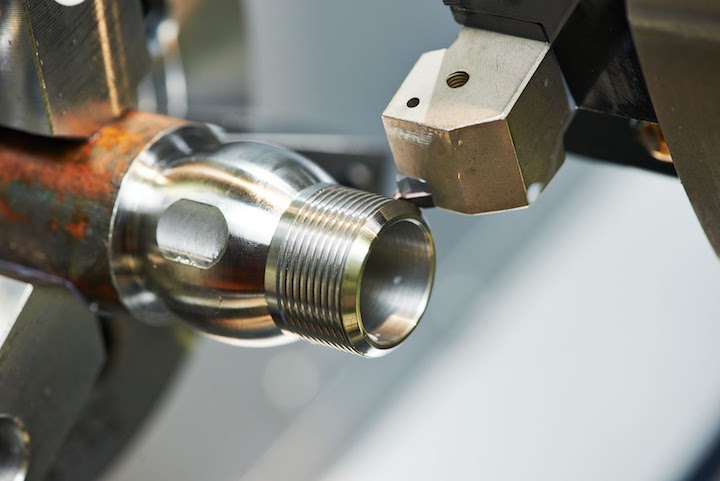CNC Machining: Precision and Innovation in Fashionable Manufacturing
CNC Machining: Precision and Innovation in Fashionable Manufacturing
Blog Article
CNC machining is among the most transformative technologies in modern manufacturing. It has changed the fundamental way industries produce parts and components that offer a degree of precision, efficiency as well as versatility not comparable to traditional techniques. CNC machining employs computerized control and equipment to accomplish a variety of jobs like cutting, drilling, milling, or grinding of materials that range between plastics and metallics, as well as wood and composites. By automating the manufacturing process, CNC machining eliminates many of the inefficiencies and inconsistencies associated with manual operations. This results in a machine which can create highly precise components quicker and more consistently, spurring innovation in all industries, from aerospace to consumer electronics.
One of the major benefits of CNC machines is their ability to create complex and intricate pieces with precision. As opposed to manual machining, which precision is largely dependent on the skill of the operator CNC machines execute programmed instructions precisely. The digital directions, which are typically developed using CAD (Computer-Aided Design) software, let makers to design and manufacture parts with precision as small as few microns. This degree of precision is essential in areas like aerospace and medical device manufacturing, where the smallest deviation can compromise the quality or security of a product. When using CNC machines, makers are able to ensure that each part is in compliance with the exact specifications, thus reducing the possibility of a defect and the necessity for expensive rework.
The efficiency of CNC machining is another key element in the widespread use of CNC. Traditional machining methods require experts to manage the machinery, adjust settings, and change tools to perform each task. The process is not just labor-intensive, but it is also susceptible to human error. CNC machining on the contrary, is able to automatize these processes, allowing machines to work continuously under the least amount of supervision. After a program has been set and the machine has been filled with the appropriate material It can carry out multiple tasks without interruption, dramatically reducing production times. CNC machines can also be capable to operate 24/7, which makes the perfect machines for large-scale production runs. This kind of performance allows manufacturers to meet the tightest deadlines, improve their output, and reduce labor costs as well as maintain high-quality standards.
CNC machining's versatility is another reason that it has become a cornerstone of the modern production. The technique can be utilized in conjunction with an array of materials, from heavy metals such as titanium and stainless steel, to soft wood and plastics. This means that CNC machining is suited to make parts suitable for many industries which include aerospace, automotive medical, electronics, and consumer goods. Furthermore, CNC machines can perform various operations like cutting, milling engraving, drilling and 3D contouring within a single setup. This versatility eliminates the necessity for multiple equipment and transfers, which further improves effectiveness. When it comes to making prototypes or producing large batches of components, CNC machining offers the flexibility to meet diverse production needs. To generate supplementary information kindly check out https://www.premiumparts.com/services/cnc-machining
Although it has many benefits, CNC machined parts are not without the challenges. One of the biggest hurdles to many companies, especially smaller and mid-sized businesses, is the initial investment necessary. CNC machines are more expensive than traditional tools for machining, in addition to the expense of software that is specialized maintenance, operator training that must be considered. However, the advantages over the long term such like lower costs for labor and faster cycle times and increased quality of parts - often justify the initial investment. Also, the rise of CNC companies that offer machining services allows those who do not have capital to invest in their equipment to benefit from the latest technology. They can create custom parts on demand and provide a cost-effective option for businesses that need precision cutting without incurring upfront expenses.
As a conclusion CNC machines have evolved into an indispensable technology in modern manufacturing owing to its precision performance, efficacy, and broad range of applications. It has revolutionized the method by which production of components, allowing to create complex designs with a high degree of accuracy while reducing costs and production times. In spite of the initial cost but the advantages that will last for a long time CNC machining makes it a important tool for companies in diverse sectors. As technology continues to evolve, CNC machining is likely to play a much more vital role in shaping and defining the production process's future, spurring technological innovation while helping companies keep up with the demands in a global marketplace.